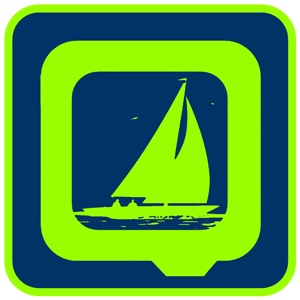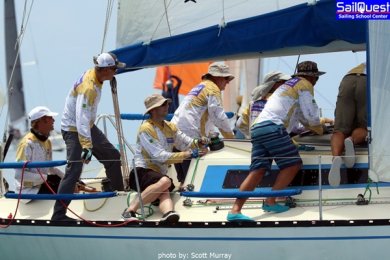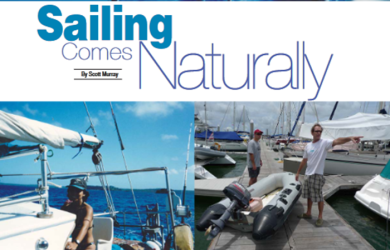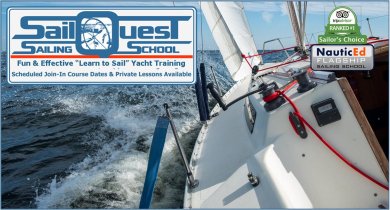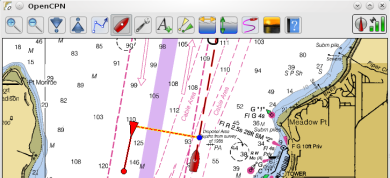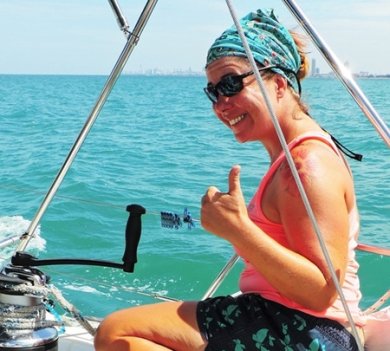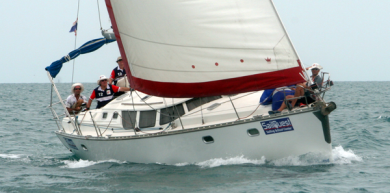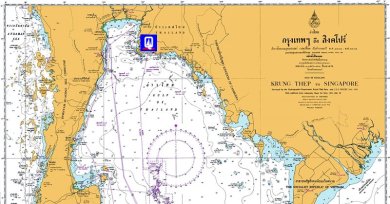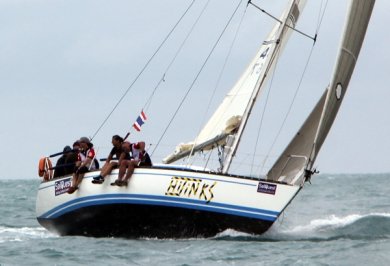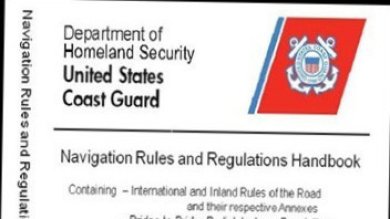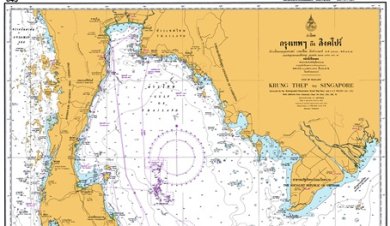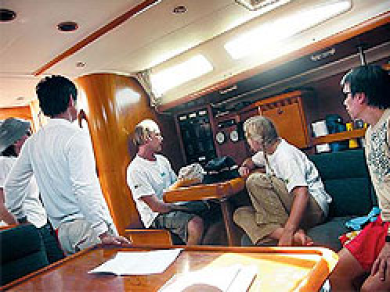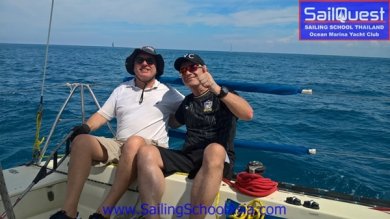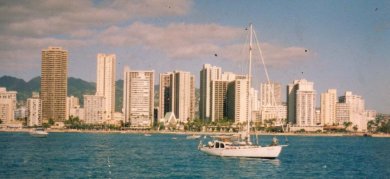1. Government Issued Requirements
Legal requirements to operate a recreational yacht in national waters are determined by each country.
In the USA, the are no federal requirements to operate a recreational vessel of up to 200 gross tons as long as the operator is aged 16 or above (or age 12 and above as long as there is a 16+ year old onboard). Many states now have additional requirements, usually a Boaters Safety Card which is issued to applicants aged 16 and above when they complete an online boating safety course and pass the exam. In most states this requirement only applies to captains who were born after 01/01/1999.
To operate a personal watercraft in Canada, you need a Pleasure Craft Operator Card (PCOC). To get the PCOC, take an online boater education course and pass the online exam.
The Powered Pleasure Craft Driving License (PPCDL) is required for driving engine-powered boats (sailing yachts with inboard or outboard engines included) of less than 24 meters in Singapore. To get this license you will spend nearly 400 Singaporean dollars and 2 days in a classroom followed by a written exam which has an 85% fail rate on the first attempt. Next comes an on-the-water evaluation of your docking and boat handling skills and finally a one-on-one oral examination with a government-hired official examiner.
In Thailand, according to Thai Maritime Law, anyone (Thai citizens and foreigners) operating a Thai-flagged vessel of over 5 gross tons in Thai waters, including recreational vessels, must have the Thai class 2 Captains License and if the engine is greater than 50 horsepower a class 2 Engineer License is also required. Thai nationals sit for a written exam at the Thai Marine Department. Foreigners who have a valid reason to apply, perhaps they own a Thai registered yacht, can pay the fee and get the required licenses. It is helpful if you can show any other yachting certificates when applying. In theory, this requirement should extend to bare-boat charter captains operating a Thai-flagged charter yacht, but in that case the law is rarely, if ever, enforced.
In European Union countries, and a few countries outside the EU, to operate a recreational yacht, including bare-boat charter yachts, the government issued and United Nations approved International Certificate of Competency (ICC) is required. To get the ICC, an applicant must attend classes, take written and oral exams and pass an on-the-water evaluation of boating skills and knowledge in their own country.
Non-EU citizens & EU citizens who can demonstrate residency in a country outsifde the EU can attend classes and pass evaluations offered by private organizations that have been approved by the British Maritime & Coastguard Agency (MCA) to issue ICC's to qualified applicants on their behalf.
In any case, recreational vessel operators should be aware of any legal requirements which may be in place where ever they set sail. As outlined above, each country can create their own unique laws and enforce them as they see fit. It is the captains responsibility to comply with exisiting law and regulations, otherwise, monetary fines, vessel impoundment and/or other penalties may result.

.png)
